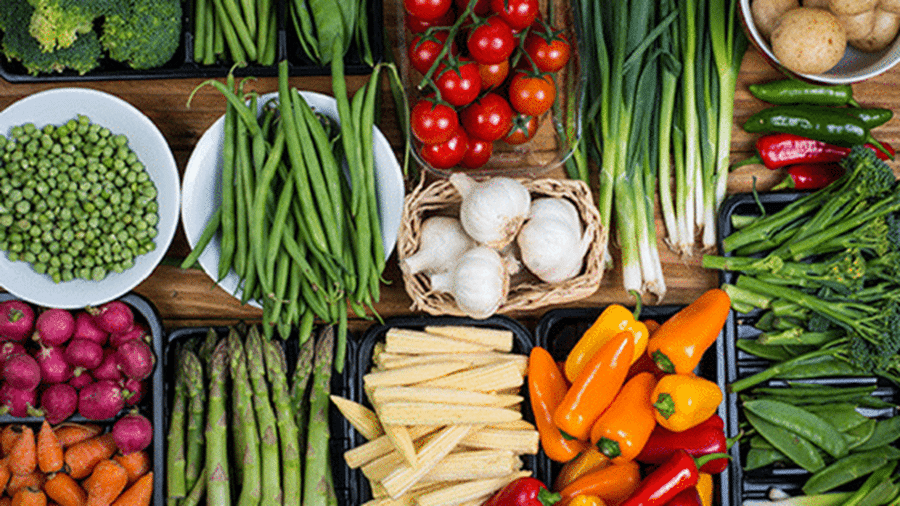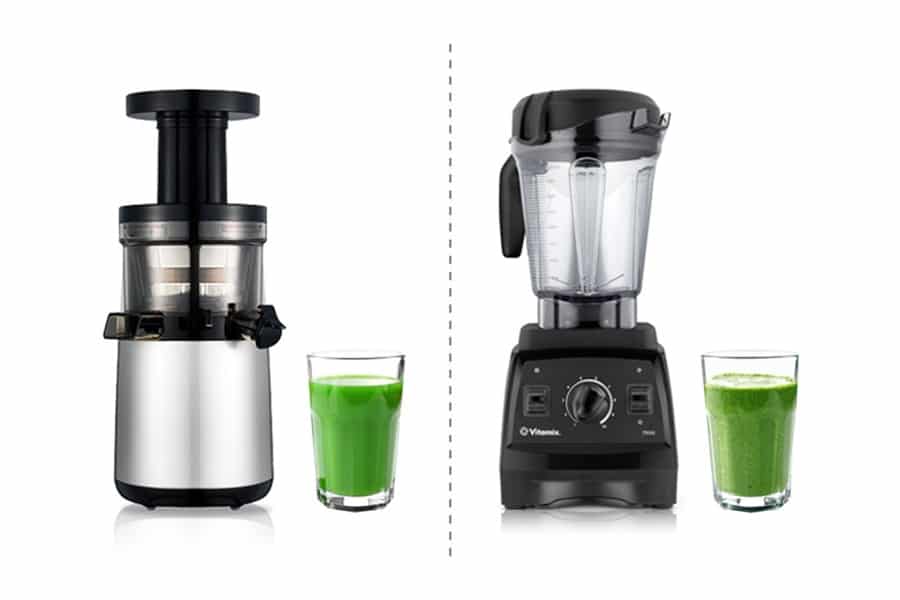With the vegan lifestyle gaining traction globally, many are swapping their regular diets for plant-based alternatives. While this shift often comes with a halo of health benefits, it’s easy to fall into the trap of assuming that anything vegan is good for you. Not all vegan foods are created equal, and some can be as detrimental to your diet as their non-vegan counterparts. This revelation is crucial for carefully curating their meals to fit a nutritional framework. The following exploration will unmask ten vegan foods that could be secretly undermining your healthful intentions, revealing that labels like ‘plant-based’ don’t always equate to ‘healthy.’
Contents
Flavored Soy Milk

Flavored soy milk is a staple in many vegan diets, cherished for its creamy texture and versatility. However, this seemingly innocent substitute for dairy milk is often laced with added sugars, which can accumulate unnoticed in one’s daily intake. While plain soy milk is nutritious, offering a good balance of protein, carbs, and fats without cholesterol, its flavored counterparts can pack a sugary punch that might disrupt your metabolic health. Ingesting too much sugar, especially hidden ones in perceived ‘healthy’ drinks, can lead to weight gain, disrupt blood sugar levels, and even contribute to the development of type 2 diabetes.
Moreover, the flavors that seduce the palate often come from artificial or ‘natural flavors’ far from their whole-food origins. This can introduce a slew of additives to your diet, which, beyond adding empty calories, could potentially have unknown long-term health implications. Opting for unsweetened, plain soy milk can avert these issues, allowing for the health benefits of soy to shine through without the sugary baggage.
Vegan Cheese

Vegan cheese has filled a gaping hole in the hearts of dairy-free cheese lovers, but it’s not always the healthier option it’s believed to be. Many vegan cheeses are primarily composed of oils and starches, contributing to a high-fat content that can rival or even exceed regular cheese. Furthermore, the types of oils used, such as coconut or palm oil, are rich in saturated fats, which should be consumed in moderation. For those monitoring their fat intake, especially saturated fats, vegan cheese can be a stealthy adversary.
The process of creating vegan cheese often strips away the nutritional benefits found in the whole ingredients from which they are derived. This results in a product that is significantly less nutritious than its whole-food sources. Therefore, enjoying vegan cheese sparingly or choosing nut-based cheeses with simple ingredients could help maintain the balance in a health-conscious diet without preceding the pleasure of cheese.
Vegan Junk Food

The advent of vegan junk food has made the transition to a plant-based diet easier for many, allowing indulgences without animal products. Chips, cookies, candies, and even faux meats can be vegan and yet still be classified as junk food. Despite their vegan label, these items are usually high in calories, salt, sugar, and unhealthy fats. Just like their non-vegan equivalents, these foods can contribute to weight gain, high blood pressure, and an increased risk of heart disease when consumed in excess.
Additionally, these processed foods often lack essential nutrients, which are vital for maintaining a healthy and balanced vegan diet. The convenience and familiarity of vegan junk food can lead to overconsumption, especially for those who assume that ‘vegan’ means ‘healthy.’ As a treat, vegan junk food is an acceptable part of a diet, but reliance on these foods can quickly turn a plant-based diet into an unhealthy one.
High-Calorie Smoothies

Smoothies are a beloved component of many health-conscious diets, especially in the vegan community. They’re praised for their ability to pack many nutrients into a single, convenient drink. However, this convenience can come with a calorie-laden catch. When not carefully curated, smoothies can become a dense concoction of high-calorie ingredients like nut butters, seeds, and sweet fruits, which can significantly surpass your daily caloric needs if not kept in check.
The deceptive aspect of smoothies is that they’re often consumed too quickly, not allowing the body to register fullness as it would with solid food, leading to overconsumption. Moreover, because they’re liquid, they may not provide the same satiety level, potentially leading to additional eating that compounds their high caloric content. Crafting a smoothie with a balanced ratio of vegetables to fruits, incorporating protein sources, and being mindful of portion sizes can ensure this nutritious beverage doesn’t become a diet downfall.
Vegan Baked Goods

Transitioning to a vegan bakery section can feel like a guilt-free pass to indulge, but vegan baked goods often harbor just as much sugar, fat, and calories as traditional treats. The absence of eggs, butter, and milk doesn’t automatically render a cookie or a cupcake healthy. Some vegan recipes increase the amounts of oil and sugar to compensate for the moisture and binding properties that eggs and dairy provide. This can result in a calorie count as high, if not higher, than their non-vegan versions.
Furthermore, vegan baked goods still fall into the ‘occasional treat’ category, contrary to the belief that they can be eaten frequently due to their vegan status. The refined flour and sugars that make these treats so delicious can also cause spikes in blood sugar, leading to energy crashes and not providing substantial nutritional value. Opting for baked goods made with whole food ingredients or enjoying these treats sparingly can help maintain a healthy vegan diet.
Meat Substitutes

The shelves are now heaving with vegan meat substitutes, catering to those seeking the texture and taste of meat without the ethical and environmental implications. While these products can be a boon for new vegans or those craving familiarity, they’re not always the healthiest option. Many are highly processed and contain many ingredients, including isolated proteins, artificial flavors, and preservatives. They can be high in sodium and lack the complex nutritional profile of whole-food protein sources.
Regular consumption of processed meat substitutes can lead to an intake of additives and sodium higher than what’s considered healthy, overshadowing the benefits of whole plant proteins. Instead, turning to legumes, tofu, tempeh, and seitan can provide the necessary protein without the extra processing. These minimally processed options are not only better for health but also encourage a more authentic plant-based eating experience.
Vegan Protein Bars

Vegan protein bars are a convenient on-the-go snack for many, especially after a workout or during a busy day. However, despite their health halo, these bars can be packed with sugars, syrups, and other sweeteners that increase their palatability—and their calorie content. They can also contain isolated forms of protein, like soy or pea protein isolate, which are far removed from their whole-food origins. This means they might lack the additional nutrients like fiber, vitamins, and minerals that naturally accompany whole protein sources.
Moreover, some vegan protein bars are so calorie-dense they could qualify as a meal replacement rather than a snack. This can lead to accidental overeating, as consumers may not realize just how filling these bars are. It’s important to examine the nutritional content of these convenient snacks and opt for those with simple, whole-food ingredients to avoid inadvertently consuming excess calories and sugars.
Coconut Yogurt

Coconut yogurt has become a darling of the dairy-free world, loved for its thick, creamy texture and tangy flavor. While it can be a good source of probiotics, it’s also often high in saturated fats and, depending on the brand, can have added sugars to enhance its taste. The fat content in coconut yogurt can contribute significantly to the daily recommended intake of saturated fat, and for those not keeping a keen eye on their labels, this can add up stealthily.
The balance of enjoying the benefits of coconut yogurt while managing its high-fat content is a fine line. Fortunately, there are other plant-based yogurts made from almonds, oats, and soy that offer lower fat content and can be equally beneficial for gut health. Diversifying one’s intake of plant-based yogurts can help manage fat intake while still enjoying the probiotic benefits that come with them.
Vegan Fast Food

The expansion of vegan options into fast-food menus is a testament to the growing demand for plant-based eating. These quick, easy meals can be a godsend for the time-pressed vegan. However, like traditional fast food, these vegan versions can be high in calories, saturated fats, and sodium while low in essential nutrients. The processed nature of these foods also means they lack fiber, essential for a healthy digestive system.
The occasional vegan fast-food meal can certainly fit into a balanced diet, but it shouldn’t be a regular occurrence. The ease and convenience of these meals can quickly lead to them becoming a staple, which could have long-term health consequences. Opting for restaurants that offer whole-food-based vegan options or simply enjoying fast food sparingly can keep your diet on a healthy track.
Agave Nectar

Agave nectar surged in popularity as a natural vegan sweetener, believed to be healthier than sugar or honey. However, it is incredibly high in fructose, higher than many other sweeteners, which can concern those watching their sugar intake. High levels of fructose are not quickly metabolized by the liver, which can lead to it being stored as fat, contributing to unhealthy weight gain and a risk of fatty liver disease.
Despite its natural origins, agave nectar is still a concentrated source of calories and sugars and should be used sparingly. There are several other sweeteners available that are less refined and lower in fructose, such as date syrup or maple syrup. Additionally, integrating whole fruits into one’s diet can provide natural sweetness and beneficial fiber and nutrients, making for a healthier alternative to sweetening dishes without the added risks.
The Bottom Line
The journey towards a healthier vegan lifestyle is not without its pitfalls, and it’s clear that the plant-based moniker doesn’t inherently equate to a healthful choice. The key to navigating this landscape is informed decision-making and a commitment to not just eliminating animal products but to choosing whole, minimally processed foods as the cornerstone of one’s diet. It requires a critical eye on packaging labels, a wary approach to the marketing of vegan products, and an ongoing education in nutritional knowledge.


